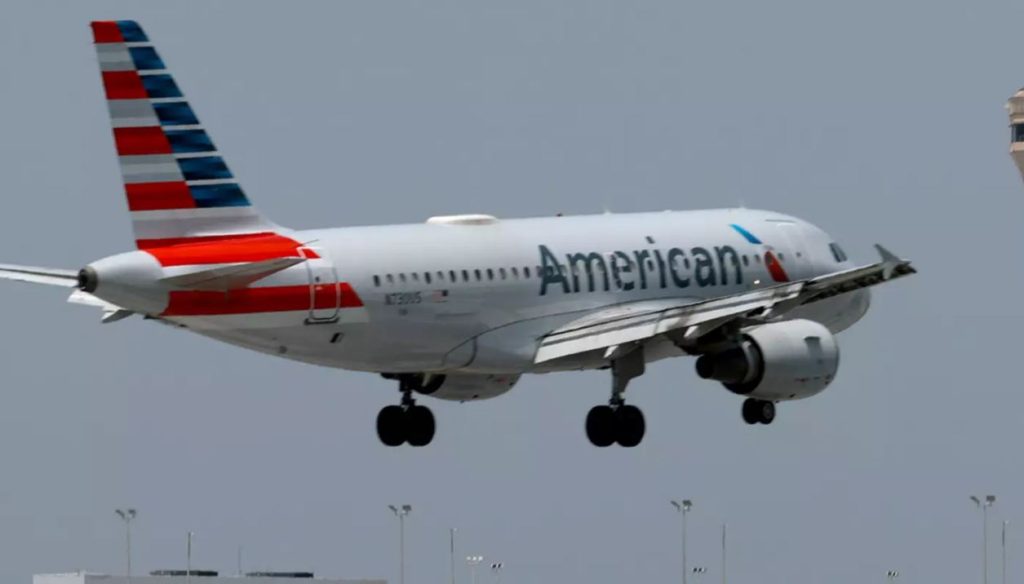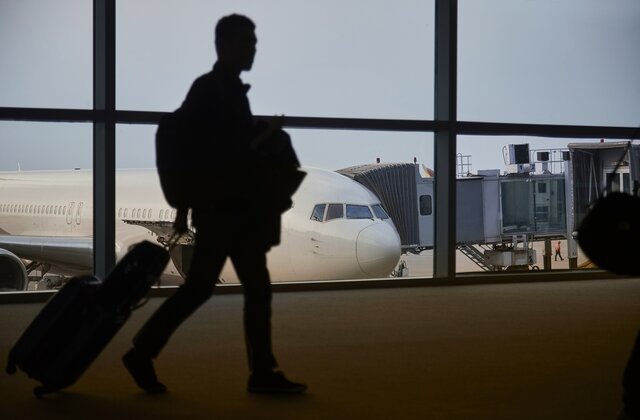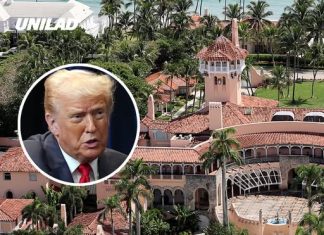The U.S. Department of State has intensified its travel advisory for Venezuela, elevating it to the highest Level 4: “Do Not Travel.” This decision stems from escalating concerns over wrongful detentions, political instability, and deteriorating infrastructure, making the country increasingly perilous for American travelers.
Heightened Threats to American Citizens
The advisory underscores a significant uptick in the wrongful detention of U.S. nationals in Venezuela. Reports indicate that Americans have been unjustly charged with serious crimes, including terrorism, and detained for extended periods without due process. Detentions have occurred upon arrival at various entry points, such as land borders, airports, and maritime ports. Compounding the issue, Venezuelan authorities often fail to inform the U.S. government of these detentions, denying consular access and communication with family members or legal representatives.

Political Turmoil and “Operation Tun-Tun”
The country’s political landscape has further destabilized following the disputed July 2024 presidential election. In response, the Maduro-led government initiated “Operation Tun-Tun,” a sweeping crackdown resulting in thousands of detentions, including opposition members and minors. Alarming reports of torture and human rights abuses have emerged, painting a grim picture of the nation’s internal strife.
Deteriorating Infrastructure and Health Concerns
Venezuela’s infrastructure continues to crumble, with widespread shortages of essential goods such as gasoline, electricity, water, and medicine. The healthcare system is described as “poor,” rendering access to basic medical care nearly impossible for both locals and foreigners. This collapse poses significant health risks, especially in the event of emergencies.
Border Risks and Accidental Detentions
Travelers are cautioned against approaching Venezuela’s borders with Colombia, Brazil, or Guyana. Many of these borders are poorly marked, increasing the risk of accidental crossings, which could lead to immediate detention. The U.S. government emphasizes that even proximity to these areas can be dangerous.
Absence of U.S. Consular Support
Since the suspension of operations at the U.S. Embassy in Caracas in March 2019, American citizens in Venezuela lack consular services and emergency assistance. This absence severely limits the U.S. government’s ability to aid its nationals in distress within the country.
Official Recommendations for U.S. Citizens
The State Department’s advisory is unequivocal: “Do not travel to or remain in Venezuela due to the high risk of wrongful detention, terrorism, kidnapping, arbitrary enforcement of local laws, crime, civil unrest, and poor health infrastructure.” Americans currently in Venezuela are urged to depart immediately, while those considering travel are strongly advised to cancel their plans.
Global Context: Other Level 4 Advisories
Venezuela joins a list of countries under the U.S. State Department’s Level 4 advisory, which includes nations like North Korea, Iran, and Syria. These advisories are issued based on factors such as armed conflict, terrorism, civil unrest, and health risks.

Conclusion
Given the multifaceted dangers—ranging from political repression and wrongful detentions to infrastructural collapse—the U.S. government strongly advises against all travel to Venezuela. Americans are encouraged to stay informed through official channels and prioritize their safety by avoiding travel to high-risk regions. In addition to the risks already mentioned, tourists may also face increased threats from criminal organizations operating within the country, including robberies, extortion, and violent crime targeting foreigners in urban areas.

















